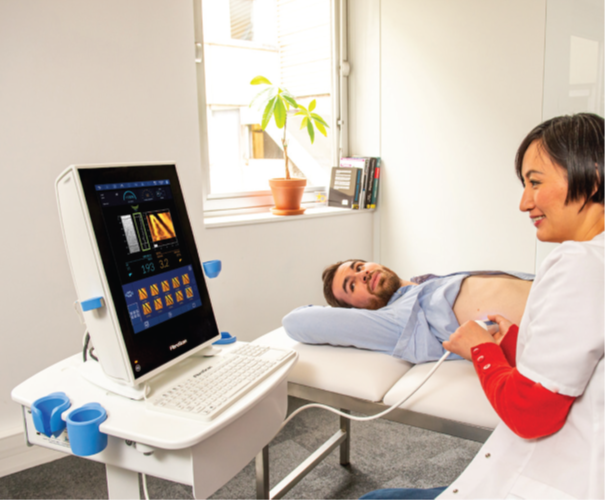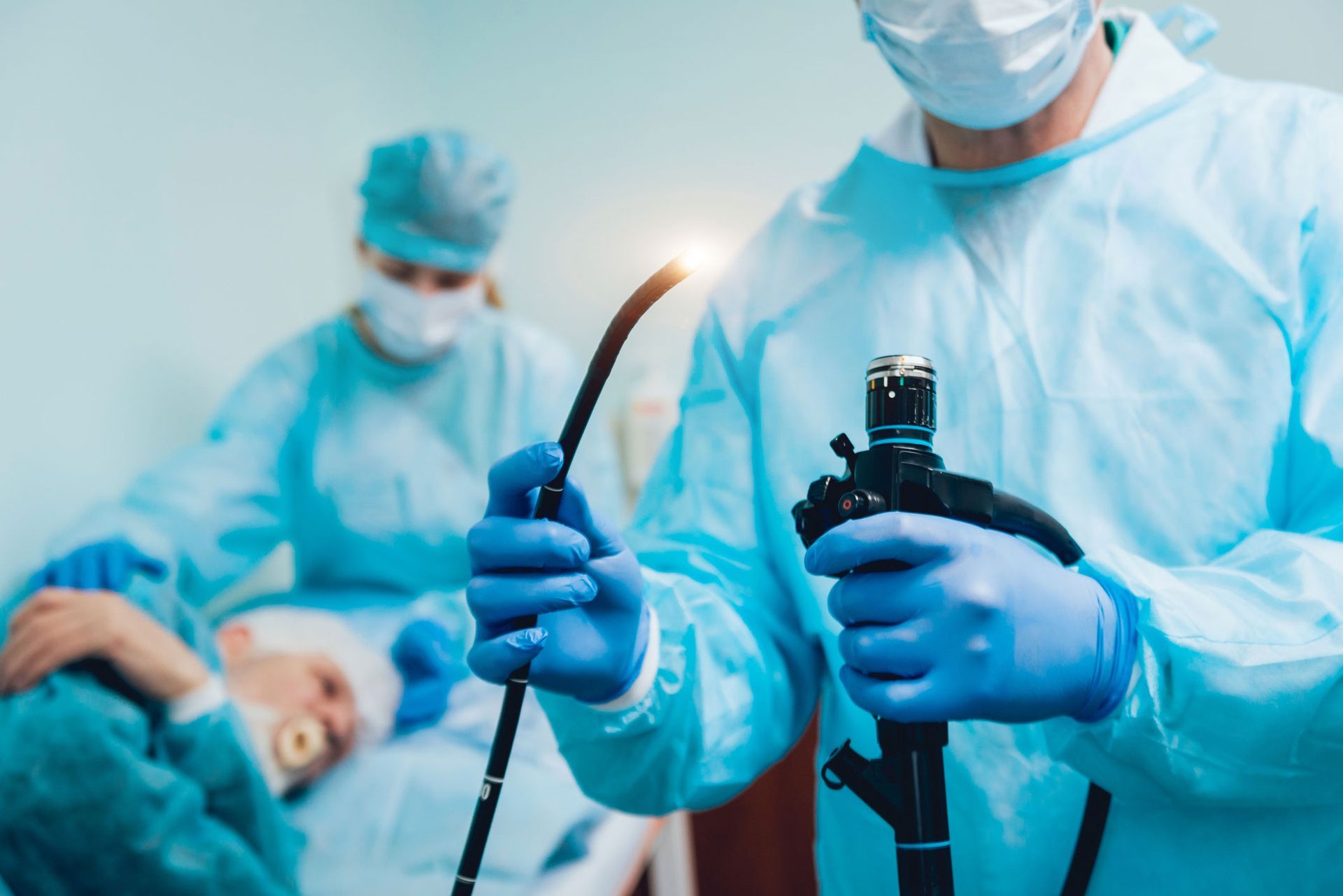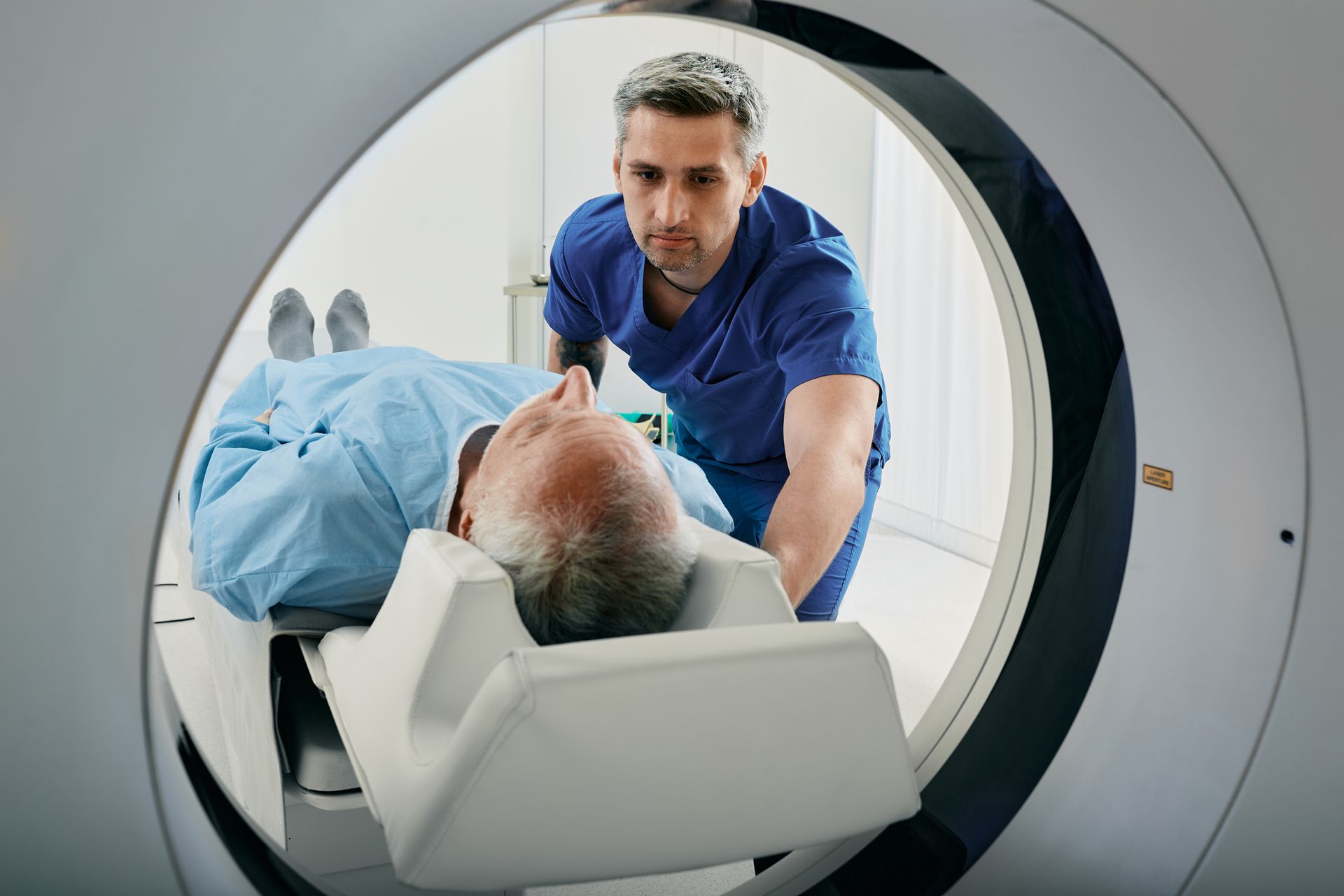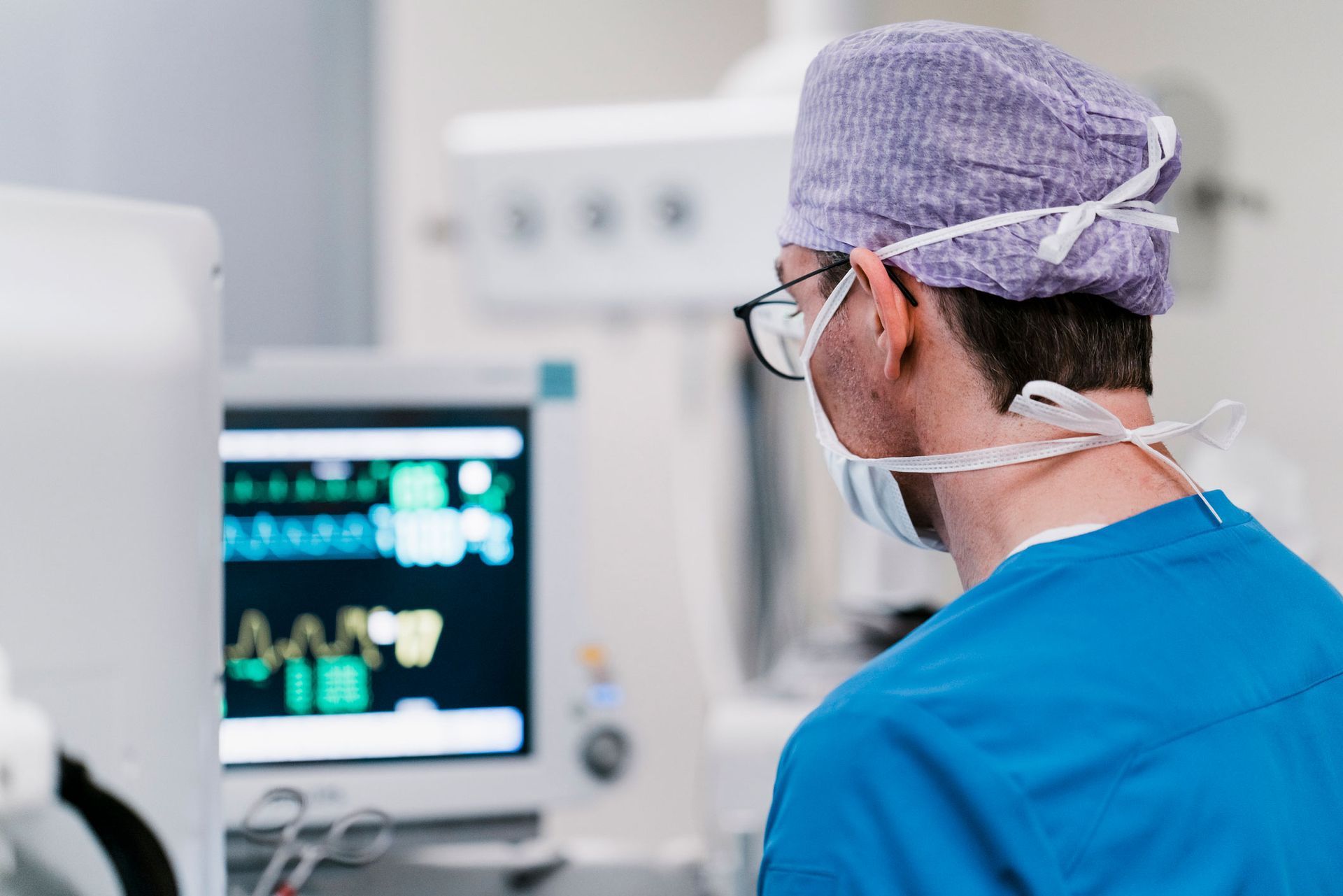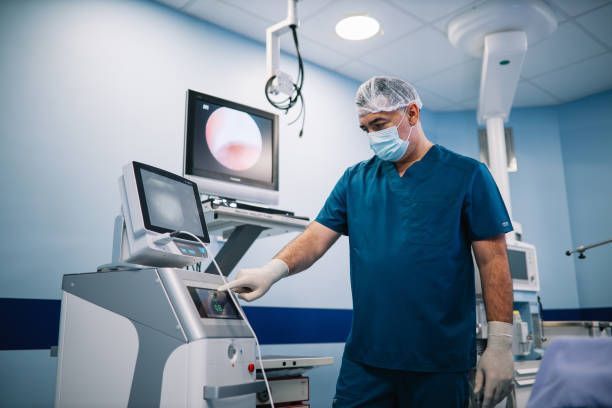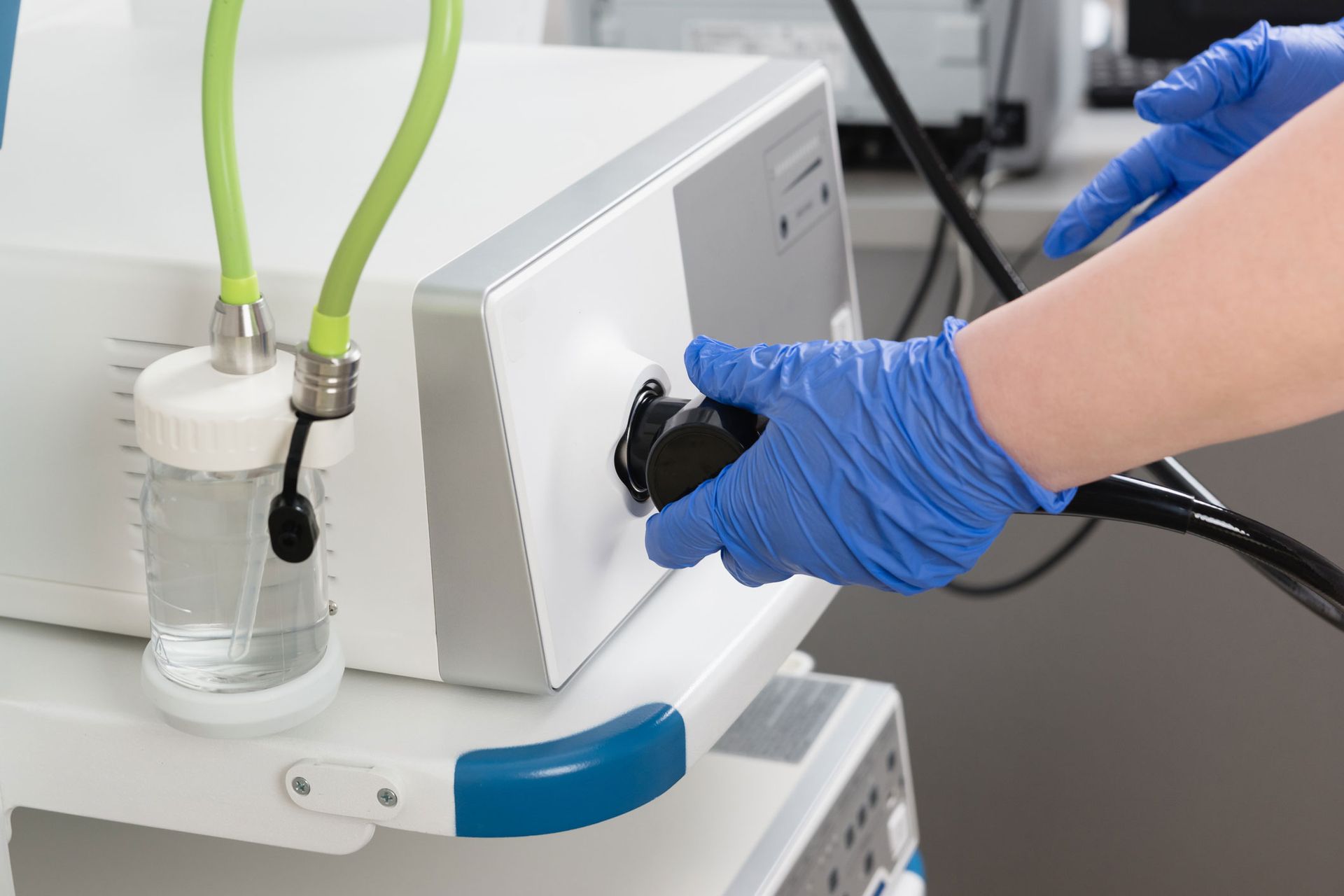Anesthesia:
The procedure does typically call for anesthesia. A local anesthesia may be used in some cases to numb the area.
The procedure:
An anoscope will be inserted through the anus. The doctor will look through the tube to see inside the rectum and locate the hemorrhoid. The doctor will use a special banding tool to place a small rubber band around the hemorrhoid. The band cuts off the blood supply. This will make the hemorrhoid fall off. More than one hemorrhoid may be banded. The band(s) and the hemorrhoid(s) will fall off within 1 – 2 weeks.
How long will it take?
This procedure is relatively quick. The length depends on how many hemorrhoids need treatment.
Will it hurt?
Patients often report some discomfort during and after the procedure. If you feel sharp or severe pain, tell your physician immediately. Mild pain medicine will help you manage discomfort during recovery.



